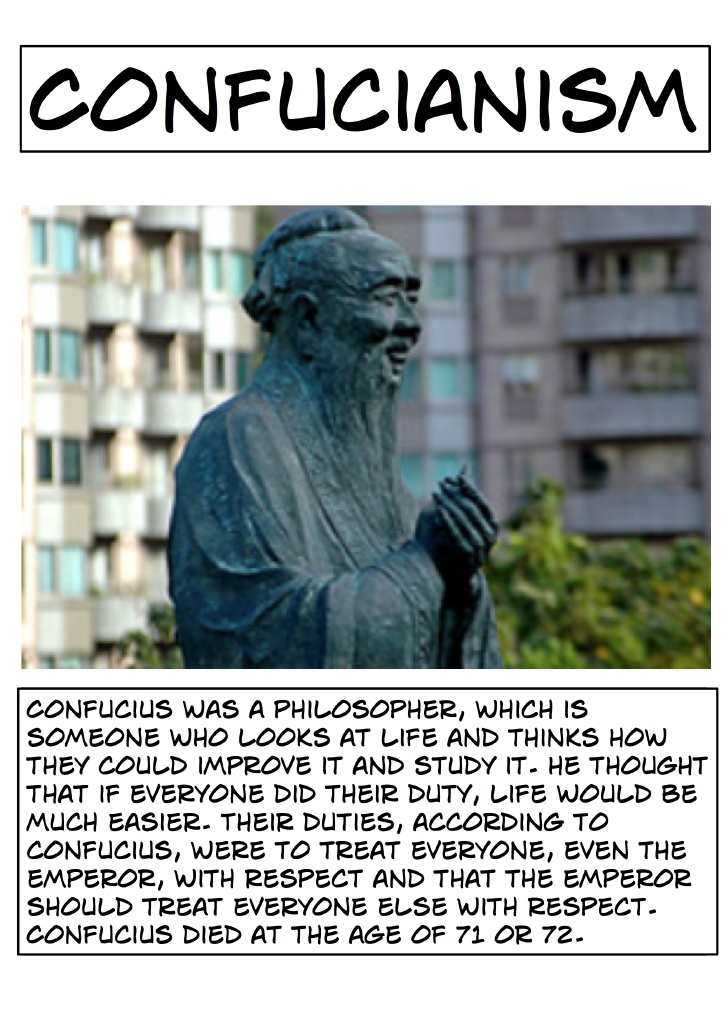In Chinese culture, the concept of ‘face’ AKA mianzi (mi-an-ze) refers to the amount of “dignity” or “prestige” that are associated with an individual.
What is a high-context culture?
In China, concepts such as reputation, social hierarchy, and association are incredibly important. Many Asian cultures are generally considered to be high-context cultures, which could be very different than what you’re used to. This means that the people living in these areas tend to place a lot of value on things such as: how others view them, how much they do or do not stand out compared to others, and how they fit into the social structure around them.
As a foreigner, stepping into China can initially be a daunting experience, but studying the culture ahead of time can help ease your transition. Understanding what is meant by “face” can help any expat ease into life in China. It can also help with relationship building between yourself and your Chinese colleagues.
How can the concept of “face” affect your daily life in China?
If you live in China, you will constantly be surrounded by people that grew up in a culture that taught them to “save face” or do what they can to retain the respect of others. This means that you might have to act a bit differently around these people, compared to how you’d act towards your family and friends in your home country.
If somebody does something in front of you that could be construed as embarassing, you probably shouldn’t laugh at them and joke about it. You may think it’s funny, but the other person may not agree. Sometimes the concept of “face” is hard to understand for people that don’t care about how others see them. However, you have to do your research on things like this and be respectful of the culture that you’re in.
Here’s an example of how one can “gain face”:
A Chinese mother makes many efforts to give her child the opportunity for a good education, both through financial and emotional support. The result is that the child is accepted at a prestigious foreign university. Not only do the parents feel proud of their child’s achievements, but they also feel that they have gained “face” through the child’s achievement.

How to gain ground or “gain face”:
- Compliment & praise others at any opportunity, especially hosts & chefs
- Invite others to expensive dinner, banquets, or social events
- Receive great evaluation scores based on customer feedback
- Prevent someone else from “losing face”
- Avoid attention-seeking actions
- Express interest in the local culture or history
- Accept business cards, money, etc. with both hands (treat them as objects of high value)
What is “losing face”?
“Losing face” in China is said to be caused by embarrassment, disagreement, or criticism. “Losing face” is equal to losing the respect of others, and avoiding this situation is very important in Chinese culture. In the workplace, you’ll notice the tactics that superiors use to avoid “losing face” and you may also notice how much effort they expend to “save face”. This can be greatly linked to the ideas of Confucianism, although understanding this from a Western light can be complex.

How to avoid “losing face”:
- Avoid pointing out mistakes in front of peers
- Friendly physical contact only if accepted by the other person
- Being demanding with gifts
- Be flexible on final prices when negotiating in China
- Giving to beggars in China should be done discreetly
- Before refusing a meal, always try a small amount in formal settings
- Try not to point out when someone is lying, or be openly and publicly angry
- Don’t offer to leave tips at restaurants in China – this is more of a Western culture

A word of advice
Although this is totally new to foreigners, having knowledge of this Chinese concept, what it is, how it works and its implications in the long run will serve you well in dealings, or general relations, with Chinese counterparts.
For more tips or understanding the concept of Face, take a look at the following articles on Chinese culture, business, and daily life:
- https://chinaculturecorner.com/2013/10/10/face-in-chinese-business/
- https://www.internations.org/china-expats/guide/29464-culture-shopping-recreation/understanding-the-chinese-culture-17526
- https://www.thoughtco.com/face-culture-in-china-687428
Author: Bilqees Khan, Marketing Assistant, Teaching Nomad.
Edited by: Brenna Lee
